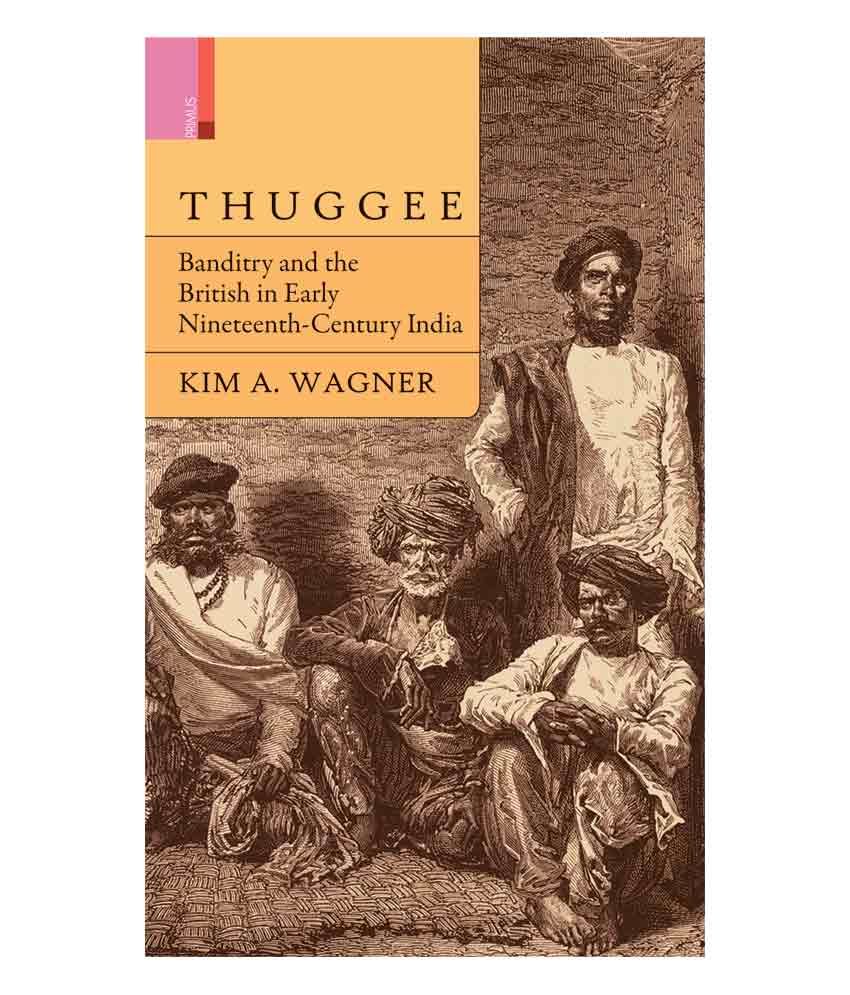Something went wrong. Please refresh the page and try again.
Something went wrong. Please refresh the page and try again.
Notifications can be turned off anytime from settings.
Item(s) Added To cart
Qty.
Something went wrong. Please refresh the page and try again.
Something went wrong. Please refresh the page and try again.
Exchange offer not applicable. New product price is lower than exchange product price
Please check the updated No Cost EMI details on the payment page
Exchange offer is not applicable with this product
Exchange Offer cannot be clubbed with Bajaj Finserv for this product
Product price & seller has been updated as per Bajaj Finserv EMI option
Please apply exchange offer again
Your item has been added to Shortlist.
View AllYour Item has been added to Shopping List
View All

No Cost EMI of Zero Emi Vendor applied on the product
You selected EMI of for monthsChangeGenerally delivered in 6 - 10 days
Item is available at . Change
You will be notified when this product will be in stock
| ||||||||||||||
This book constitutes the first in-depth examination of thuggee as a type of banditry which emerged in a specific socio-economic and geographic context. Thuggee did not constitute a caste-like identity, and was a means of obtaining a livelihood reverted to by all strata of Indian society in certain areas. As such it constituted a highly institutionalized social practice related to issues of patronage and retainership, identity and legitimacy, and was defined by the appropriation of high status rituals and martial ethos. The history of 'thugs' need no longer be limited to the study of their representations, and this book reconstructs and historicizes thuggee as a social phenomenon-as less than the sacrificial cult constructed by the British, yet more than the colonial phantasmagoria counter-posited by post-colonial scholars.
About the Author
Kim A. Wagner, Senior Lecturer of British Imperial History, Queen Mary University of London
The images represent actual product though color of the image and product may slightly differ.
Thuggee: Banditry And The British In Early Nineteenth-Century India*
Rs. 819
Register now to get updates on promotions and
coupons. Or Download App